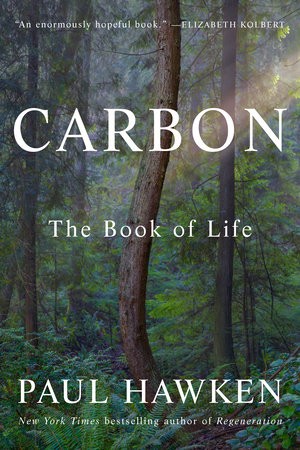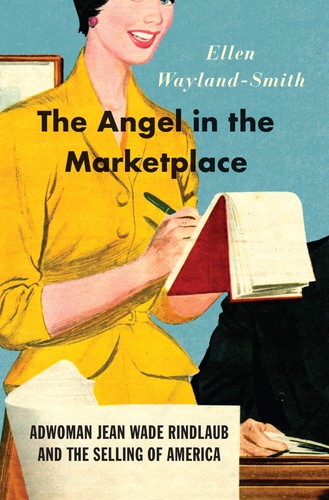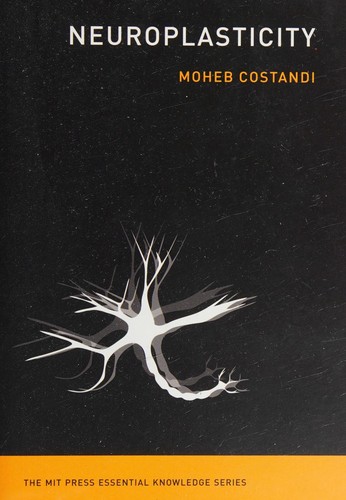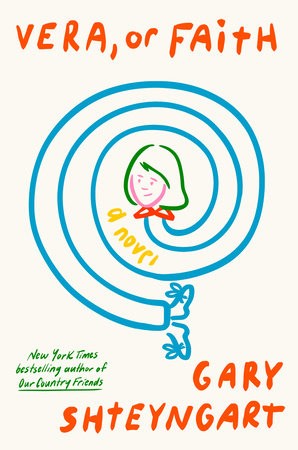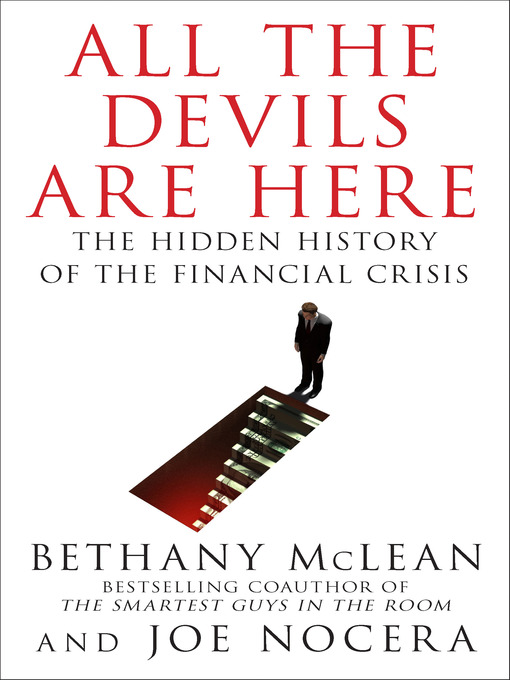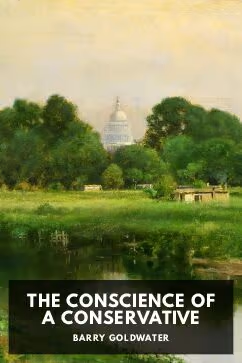rclayton finished reading The white lioness by Henning Mankell (Kurt Wallander -- 3)

The white lioness by Henning Mankell (Kurt Wallander -- 3)
In 1992, in peaceful Southern Sweden, a young housewife, pillar of the Methodist church, disappears and is found murdered, execution …



